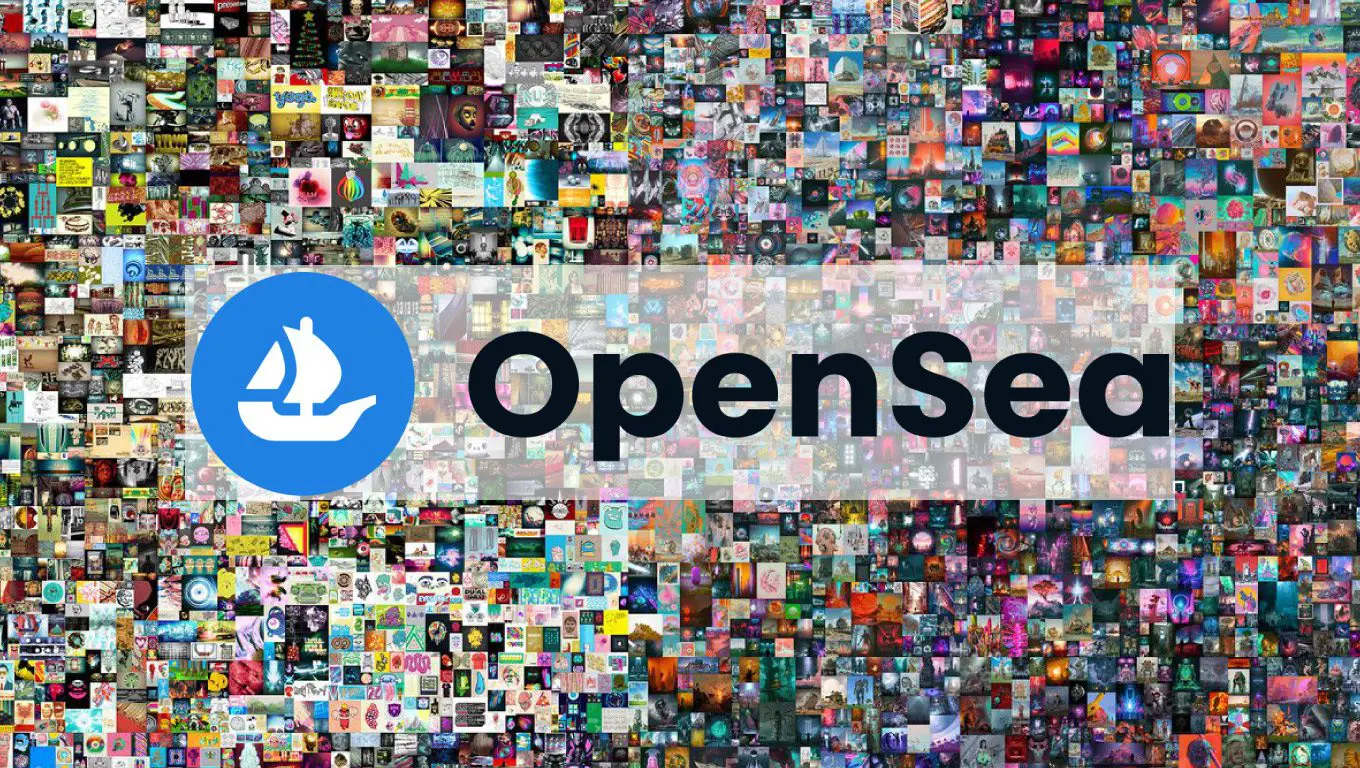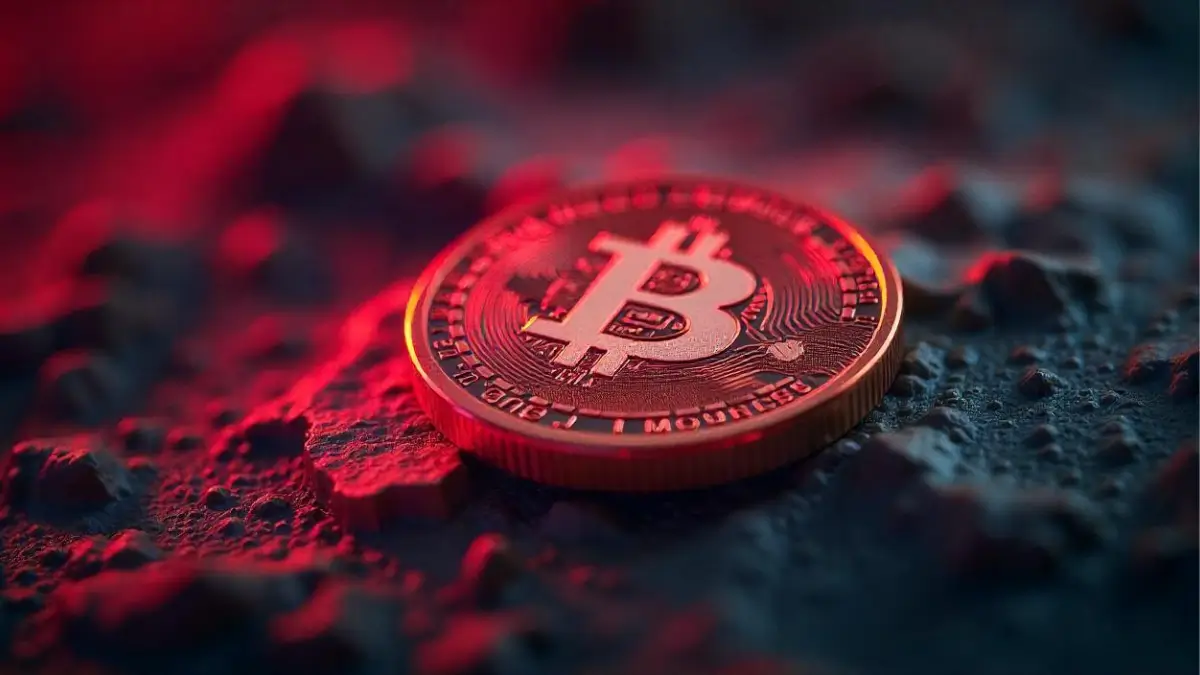Leading NFT marketplace OpenSea has called on the U.S. Securities and Exchange Commission (SEC) to formally declare that platforms dealing in non-fungible tokens do not qualify as exchanges or brokers under U.S. securities laws.
In a letter addressed to SEC Commissioner Hester Peirce, OpenSea requested regulatory clarity, asserting that the unique structure and operational model of NFT marketplaces fundamentally differ from that of traditional securities platforms.
“We propose that the SEC clearly state that NFT marketplaces like OpenSea do not qualify as exchanges under federal securities laws,” the company wrote.
Why OpenSea Says NFTs Don’t Fall Under Exchange Rules
OpenSea’s argument hinges on the nature of non-fungibility. Unlike stocks or fungible tokens where multiple sellers offer identical assets, NFTs are unique digital collectibles, often with only one seller per item.
As such, OpenSea says its platform does not meet the definition of an exchange, which is legally framed around systems that bring together multiple buyers and sellers of the same asset.
Moreover, OpenSea emphasized that all NFT transactions happen directly on the blockchain via smart contracts. Users retain full custody of their assets, and the platform does not execute trades, act as a middleman, or handle customer funds.
“OpenSea merely allows people to discover NFTs and connect with buyers and sellers,” the letter stated, likening the platform to a search engine or listing site rather than a financial intermediary.
No Broker Status Either, OpenSea Claims
OpenSea also argued it shouldn’t be considered a broker under the Securities Exchange Act. The company pointed out that it does not provide investment advice, negotiate sales, or offer custody or financing services—all standard functions of a registered broker.
To support its claim, OpenSea cited the SEC v. Coinbase case, in which the court found that simply offering wallet software or displaying asset prices did not equate to broker activity.
Highlighting trending NFTs or showing prices, OpenSea argued, isn’t the same as advising on or facilitating an investment.
Calling for Formal Guidance
To address industry-wide confusion, OpenSea urged the SEC to issue interpretive guidance or a staff bulletin clarifying that Rule 3b-16—which defines what constitutes an exchange—does not apply to NFT marketplaces.
Such guidance would be similar to recent SEC clarifications on memecoins and stablecoins, and OpenSea believes it could benefit not only the platform but the broader NFT industry.
“This clarification would offer immediate benefits to NFT collectors, buyers, and sellers, as well as the broader NFT ecosystem,” OpenSea said, noting that regulatory uncertainty has held the industry back.
A Shift in Washington
The issue of NFT regulation became especially prominent after OpenSea received a Wells notice from the SEC in 2024, warning of potential enforcement action. But in February 2025, the agency closed its investigation without filing charges.
The reversal followed President Donald Trump’s executive orders directing regulators to ease enforcement in the crypto sector and emphasize clarity over litigation—a shift that has been welcomed by many in the digital asset space.
Stay ahead of the latest developments in NFT policy, Web3 regulation, and digital asset innovation at TheCoinInfo.





